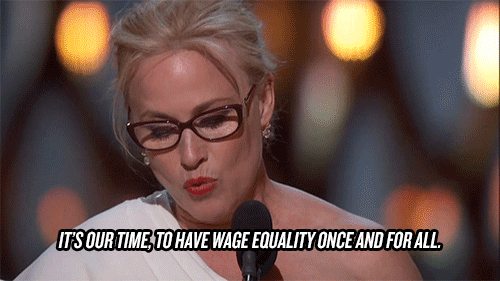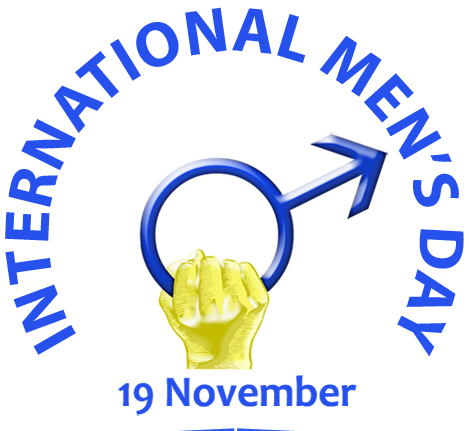Equal Pay

What do these kids understand

What do these kids understand
That your boss doesn’t?
Bosse Fainéant = Work lazy bum

Bosse Fainéant = Work lazy bum

5 Numbers To Have Handy
When Men Ask
When Men Ask
Why There Is An International Women’s Day
By Laura Paddison
As the Me Too movement unfurls across professions, places of learning and governments around the world, it seems we have entered a time of reckoning for gender inequality. But while voices of resistance grow louder, women everywhere still face deep discrimination purely on account of being women.

Inevitably, there will be some who will pipe up across social media on Thursday to ask why we need this day, and why we aren’t focusing on men more. So, if anyone asks, here are some handy statistics that reveal just why we must take every opportunity to shine a light on gender inequality.


Women around the world will have to wait a whopping 217 years to have the same job and wage opportunities as men. That’s more than eight generations away. Literally no woman alive right now will live to see worldwide economic equality.

This figure came from a World Economic Forum survey of 144 countries last October, which found that, for the first time since 2006, the gender gap is actually widening. While income may be rising globally, women are not sharing equally in the benefits. “There seems to be a slowdown in momentum when it comes to proactive measures being taken to address gender gaps, particularly in the workplace,” said Vesselina Stefanova Ratcheva, an economist at WEF.
This exclusion comes at a cost. The McKinsey Global Institute calculated in 2015 that improving gender inequality could add as much as $28 trillion to the global economy.

2059: the year women in the U.S. will receive equal pay
Despite making up half the workforce, women in the U.S. cannot expect to be paid equally
to their male peers until 2059.
Florida women should see the gender pay gap closed first, in 2038, according to research from the Institute for Women’s Policy Research. In Wyoming, however, women have to wait until 2153.
Women with full-time jobs still
only earn 80 cents for every dollar earned by a man, according to 2016 figures.

Women of color face even greater levels of inequality. African-American women earn 63 cents for every dollar men earn, and Hispanic and Latina women earn 54 cents on the dollar. While there are many complex reasons for this gap - some related to the choices women make, or feel they have to make, to have families - few would suggest the playing field is level between women
and men.

This inequality has an inadvertent effect on the economy. Women who earn more are better able to provide for their families. An estimated half of all households in America with children under 18 have a mother who is a breadwinner: either a single mother or married mother who provides at least 40 percent of the family’s earnings. If women received equal pay for equal work, research suggests the number of children with working mothers
who live in poverty would halve. Plus, the U.S. economy would produce $512.6 billion in additional income.


130 million: the number of girls not in school
There are 130 million girls
not in school globally, and 15 million elementary-school-age girls will
never even set foot in a classroom. This has deep social and economic
implications. Education is a key pathway out of poverty. According to World Bank research,
girls who get an education tend to participate more in the labor
market, earn more, have fewer children, more economic independence and
have better health outcomes.


100: the U.S. ranking for women’s representation in government


In response to the inevitable avalanche of questions asking why there isn’t an International Men’s Day, the answer is:
YES, THERE IS... It’s on Nov. 19.
YES, THERE IS... It’s on Nov. 19.

It seeks to highlight discrimination against men and boys, and celebrate positive male role models. It’s not a zero-sum game; we can fight for equal rights for women as well as recognizing that men have challenges, stigmas and inequalities to overcome, too.

https://www.huffingtonpost.com/entry/4-numbers-international-womens-day_us_5a9fd070e4b0e9381c13e05a


A votre tour... = Your Turn...




No comments:
Post a Comment